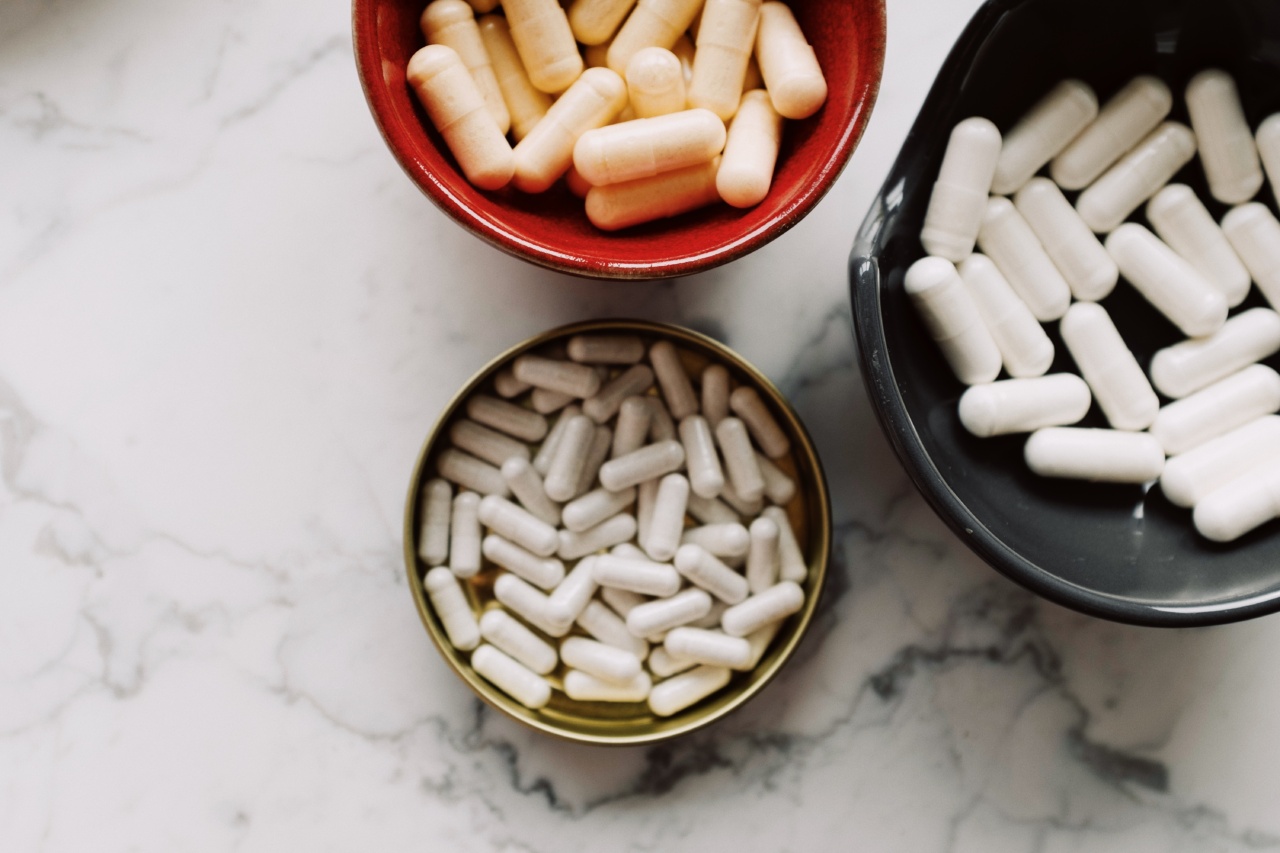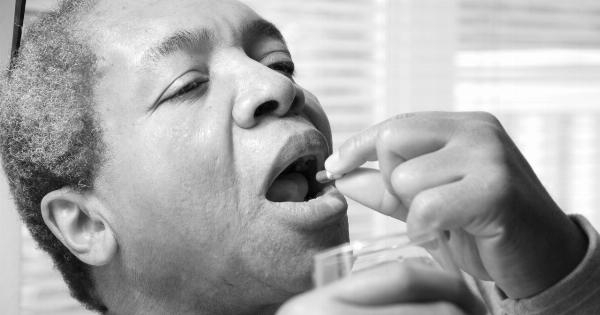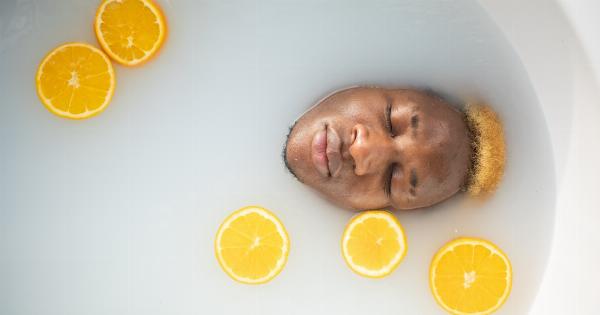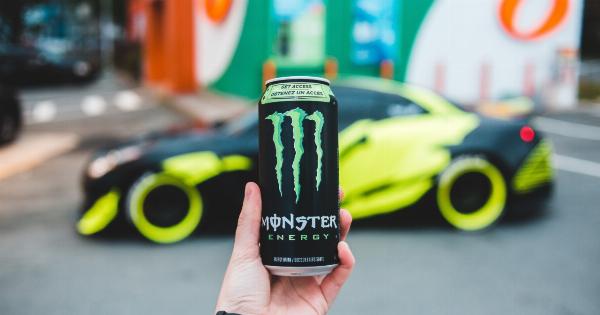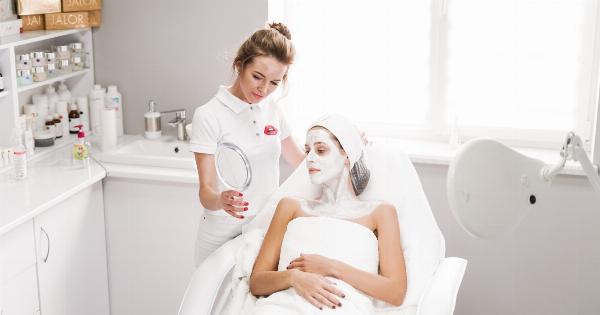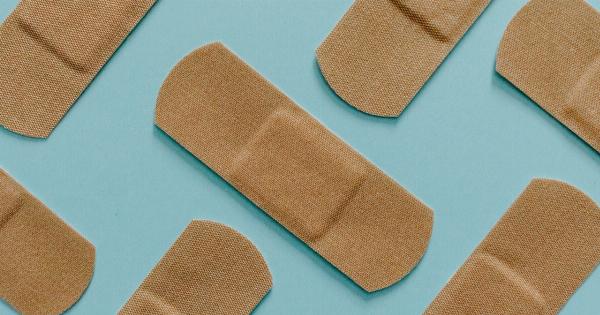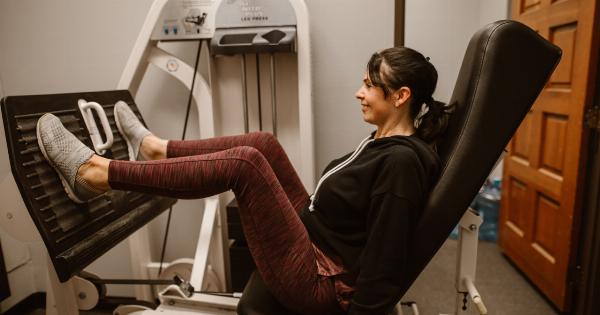Hangovers are a common, yet unpleasant, consequence of excessive alcohol consumption.
Many people have sought remedies and cures to alleviate the symptoms of a hangover, ranging from folk remedies passed down through generations to over-the-counter medications. One such remedy gaining popularity is the hangover pill. But the question remains, can a pill really cure a hangover? Let’s delve deeper into this issue and separate fact from fiction.
The Science Behind Hangovers
Before diving into the efficacy of hangover pills, it’s important to understand what causes a hangover in the first place.
When alcohol is consumed, it is metabolized by the liver into acetaldehyde, a toxic substance that contributes to hangover symptoms. Additionally, alcohol acts as a diuretic, leading to dehydration and electrolyte imbalances.
Furthermore, alcohol consumption results in an increased production of inflammatory substances, which can cause headaches, fatigue, and nausea, among other symptoms. These factors combined contribute to the misery experienced during a hangover.
The Claims of Hangover Pills
Hangover pill manufacturers often promise relief from hangover symptoms such as headaches, nausea, and dehydration.
These pills are usually marketed as a blend of vitamins, minerals, antioxidants, and herbal extracts that claim to boost the body’s natural detoxification processes, neutralize toxins, and replenish nutrients lost during alcohol consumption.
While these claims sound promising, it is crucial to examine the scientific evidence behind them.
The Lack of Scientific Evidence
Despite the bold marketing claims, scientific evidence supporting the effectiveness of hangover pills is limited.
One reason for this limitation is the difficulty of conducting controlled studies on hangovers due to ethical considerations and the subjective nature of the symptoms.
Some studies have examined the potential benefits of individual ingredients commonly found in hangover pills, such as vitamins, minerals, and herbal extracts.
For instance, a few studies have shown that certain vitamins and minerals may have a modest effect on specific hangover symptoms. However, these studies are often small in scale, use different dosages, and lack consistency in their findings.
Furthermore, many hangover pills contain a mix of ingredients, making it challenging to determine the specific contribution of each ingredient to the overall efficacy of the product.
Placebo Effect
It is essential to consider the placebo effect when discussing the effectiveness of hangover pills.
The placebo effect refers to the psychological phenomenon where a patient feels improvement in symptoms due to their belief in the treatment, even if the treatment has no physiological effect.
Hangovers often resolve themselves naturally over time as the body metabolizes and eliminates the alcohol and its byproducts.
Therefore, it is possible that individuals may attribute their hangover relief to the consumption of a hangover pill, simply due to the placebo effect.
Importance of Hydration and Rest
Regardless of the effectiveness of hangover pills, one factor that everyone agrees on is the importance of hydration and rest in alleviating hangover symptoms. Alcohol consumption leads to dehydration, exacerbating many hangover symptoms.
Drinking plenty of water and consuming electrolyte-rich fluids can help restore hydration levels, which may contribute to a reduced intensity and duration of hangover symptoms.
Additionally, getting enough rest allows the body to recover and heal from the effects of alcohol.
Other Remedies for Hangovers
Aside from hangover pills, several other remedies and preventive measures are often suggested to combat or reduce the severity of hangovers:.
1. Drinking in Moderation
The best way to avoid a hangover is to drink moderately. By drinking within your limits, your body can process and eliminate alcohol more effectively, reducing the likelihood of experiencing severe hangover symptoms.
2. Eating a Balanced Meal
Having a balanced meal before consuming alcohol can slow down the absorption of alcohol into the bloodstream, potentially minimizing hangover symptoms.
3. Staying Hydrated
As mentioned earlier, staying hydrated by drinking water or electrolyte-rich beverages throughout the night can help offset the dehydrating effects of alcohol and reduce hangover symptoms.
4. Avoiding Darker Alcoholic Beverages
Darker alcoholic beverages, such as red wine and whiskey, contain higher levels of congeners, which are byproducts of the fermentation process. These congeners can worsen hangover symptoms, so opting for lighter-colored drinks might be a good idea.
5. Getting Plenty of Sleep
A good night’s sleep can help the body recover from the physical and cognitive effects of alcohol consumption, potentially mitigating hangover symptoms.
Conclusion
In conclusion, the efficacy of hangover pills in curing hangovers is still questionable due to limited scientific evidence.
While some individual ingredients found in hangover pills may have minor benefits for specific symptoms, the overall effectiveness of these products remains uncertain.
It is essential to approach hangover pills with skepticism and consider the potential placebo effect at play.
Regardless, the best approach to prevent or reduce hangover symptoms involves drinking in moderation, staying hydrated, and getting adequate rest.
